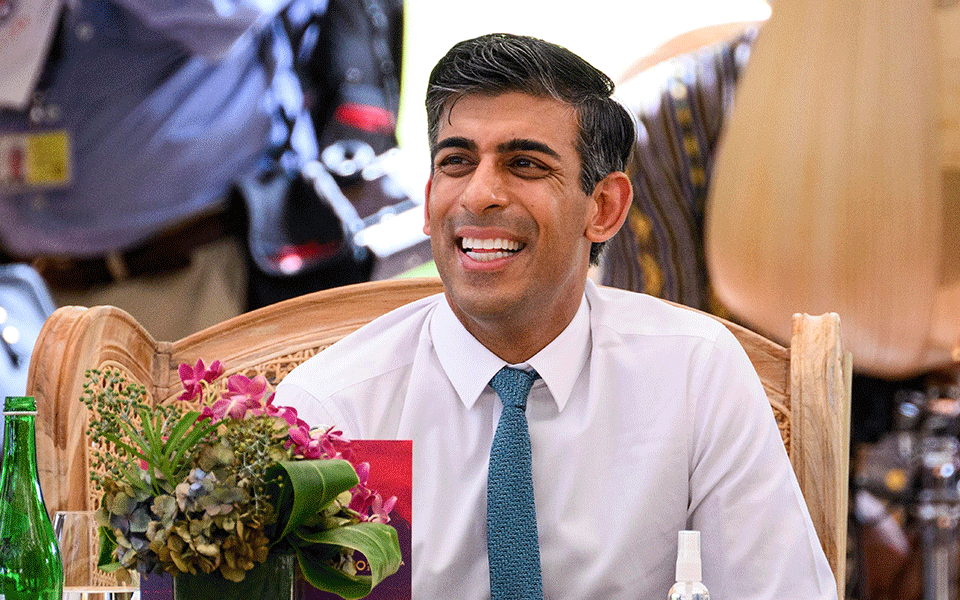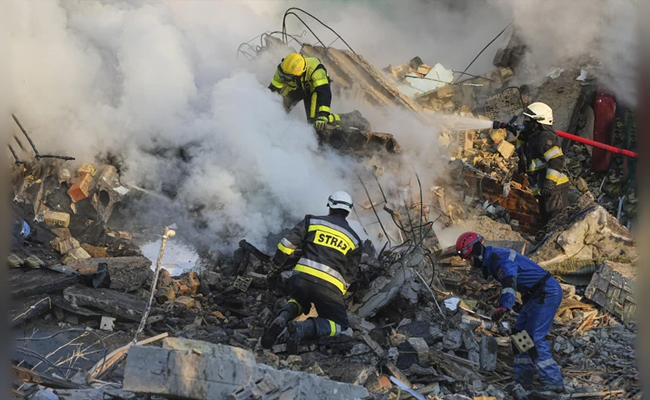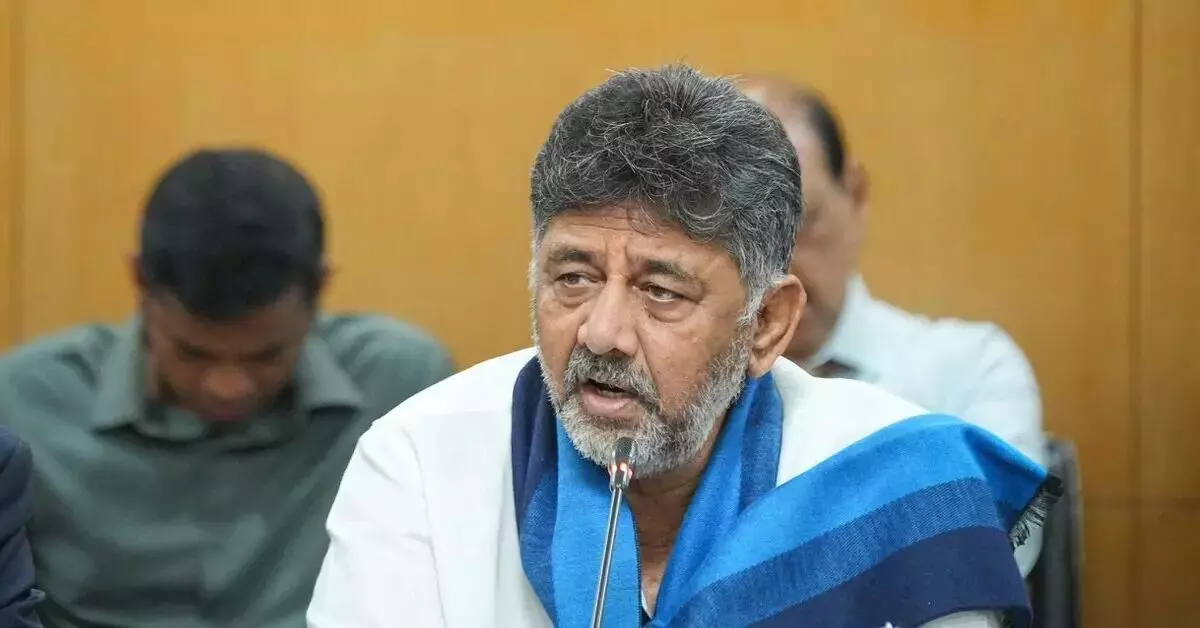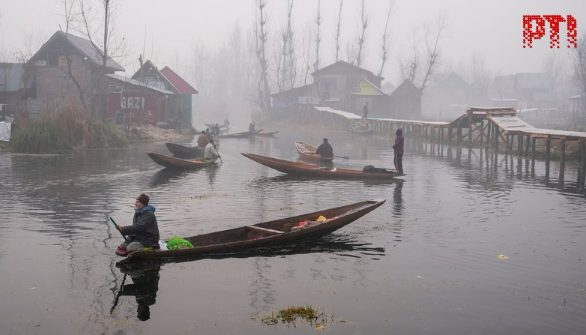London (PTI): British Prime Minister Rishi Sunak on Wednesday green lit a new youth mobility partnership scheme that will offer 3,000 visas to 18-30-year-old degree-educated Indians every year to live and work in the UK for up to two years.
The reciprocal scheme, which will also involve British nationals living and working in India, was signed as part of the UK-India Migration and Mobility Partnership (MMP) last year and will now be formally launched in early 2023.
The scheme was launched by Sunak as part of the UK's Indo-Pacific focus at the G20 Summit in Bali, where he met Prime Minister Narendra Modi to confirm the new bespoke route and which Downing Street said makes India the first visa-national country to benefit from such a scheme.
"I know first-hand the incredible value of the deep cultural and historic ties we have with India," said Sunak, Britain's first Indian-origin Prime Minister.
"I am pleased that even more of India's brightest young people will now have the opportunity to experience all that life in the UK has to offer and vice-versa - making our economies and societies richer," he said.
The launch of the UK-India Young Professionals Scheme is dubbed a "significant moment" for the bilateral relationship and the UK's wider commitment to forging stronger links with the Indo-Pacific region to strengthen both Indian and British economies.
It is also seen as an effort to propel the ongoing free trade agreement (FTA) negotiations, which are now expected to run until at least March next year.
Downing Street says such an FTA will be the first deal of its kind India has made with a European country and would build on the UK-India trading relationship worth GBP 24 billion annually.
The UK has more links with India than almost any country in the Indo-Pacific region as nearly a quarter of all international students in the UK are from India and Indian investment into the UK supports 95,000 jobs across the UK, it pointed out.
"In parallel to the mobility partnership with India, we are also strengthening our ability to remove immigration offenders. A landmark memorandum of understanding (MoU) was signed between the UK and India in May 2021 aimed at increasing mobility between our countries, returning those with no right to be in the UK and India respectively and sharing best practice on organised immigration crime," Downing Street said.
On the wider Indo-Pacific focus, Sunak is set to meet Chinese President Xi Jinping on the sidelines of the G20 summit in Indonesia the largest gathering of global leaders in the region since before the coronavirus pandemic.
"The Indo-Pacific is increasingly crucial for our security and our prosperity. It is teeming with dynamic and fast-growing economies, and the next decade will be defined by what happens in this region," said Sunak, ahead of that meeting.
Downing Street said the UK PM will encourage China to use its place on the global stage responsibly to resolve geopolitical tensions, ensure regional stability and play its part in tackling the devastating global impact of the war in Ukraine.
It confirmed that work is underway on an update to last year's Integrated Review of the country's foreign policy priorities to take account of "Russia's full-scale invasion of Ukraine and the evolving challenges posed by China".
Meanwhile, as part of that Integrated Review, the UK reiterated its commitment to build the "broadest presence" in the Indo-Pacific of any European country.
Let the Truth be known. If you read VB and like VB, please be a VB Supporter and Help us deliver the Truth to one and all.
Kyiv (AP): Eight people were killed and 27 wounded in a Russian missile strike on port infrastructure in Odesa, southern Ukraine, late on Friday, Ukraine's Emergency Service said on Saturday morning.
Some of the wounded were on a bus at the epicentre of the overnight strike, the service said in a Telegram post. Trucks caught fire in the parking lot, and cars were also damaged.
The port was struck with ballistic missiles, said Oleh Kiper, the head of the Odesa region.
ALSO READ: 'Have not received complaint yet': Delhi Police on assault by off-duty Air India Express pilot
Elsewhere, Ukrainian forces hit a Russian warship and other facilities with drones, Ukraine's General Staff said in a statement on Saturday.
The nighttime attack on Friday hit the Russian warship “Okhotnik,” according to the statement posted to the Telegram messaging app.
The ship was patrolling in the Caspian Sea near an oil and gas production platform. The extent of the damage is still being clarified, the statement added.
A drilling platform at the Filanovsky oil and gas field in the Caspian Sea was also hit. The facility is operated by Russian oil giant Lukoil. Ukrainian drones also struck a radar system in the Krasnosilske area of Crimea, which Russia illegally annexed from Ukraine in 2014.





